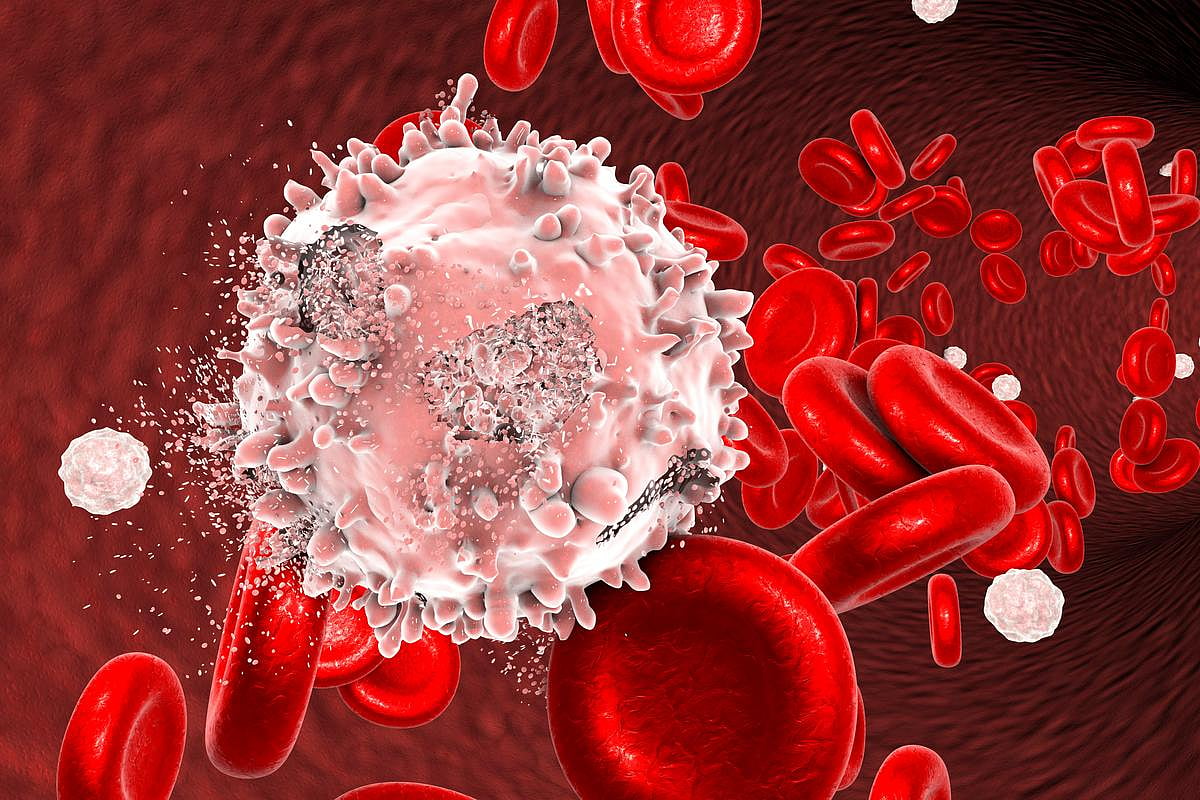Smaller declines seen in early-stage cancer diagnosis during COVID-19 pandemic in adults aged 18 to 44 years, men, those with high comorbidity burden
By Elana Gotkine HealthDay Reporter
FRIDAY, Oct. 24, 2025 (HealthDay News) — During the COVID-19 pandemic, Medicaid expansion was associated with smaller declines in early-stage cancer detection, according to a study published online Oct. 21 in the Journal of the National Cancer Institute.
Xuesong Han, Ph.D., from the American Cancer Society in Atlanta, and colleagues examined the association of Medicaid expansion and changes in cancer stage at diagnosis during the COVID-19 pandemic using data for 1,844,515 individuals aged 18 to 64 years newly diagnosed with cancer in 2018 to 2022 from the National Cancer Database. The changes in proportions of early-stage cancer diagnoses were compared in Medicaid expansion versus nonexpansion states using a difference-in-differences (DD) approach.
The researchers found a significant association for Medicaid expansion with smaller decreases in the proportions of early-stage cancer diagnosis among individuals aged 18 to 44 years, men, those with high comorbidity burden (Charlson-Deyo comorbidity score ≥2), those treated in academic facilities, and those diagnosed with prostate cancer (DDs, 1.26, 0.61, 1.51, 0.55, and 1.52, respectively).
“Our findings can inform policymakers and the public in the 10 states that have yet to expand Medicaid eligibility,” Han said in a statement. “The findings also provide critical information for policymakers and the public in all states about the public health implications of upcoming large federal cuts to Medicaid programs and expected loss of insurance coverage for more than 10 million adults.”
Copyright © 2025 HealthDay. All rights reserved.








